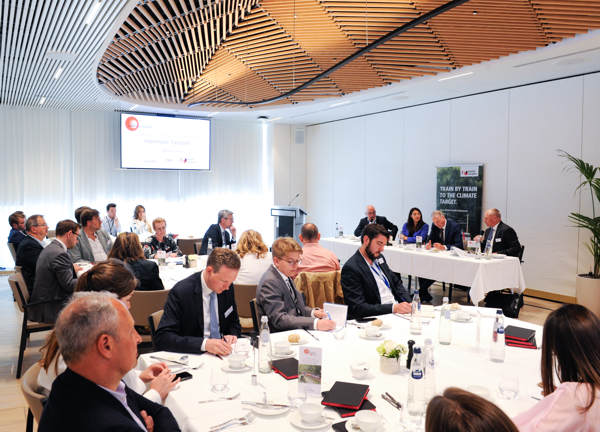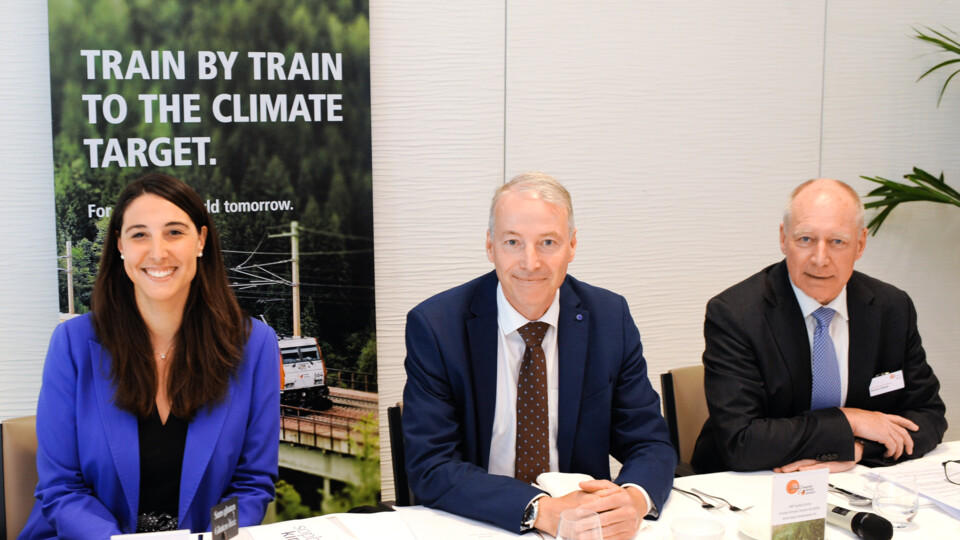The uncertain political climate of the last few years darkened further in 2024 to present huge challenges, unleashing a perfect storm combining Germany’s economic weakness and a lack of decisiveness from politicians with a deterioration in the financial headroom of the federal budget. In addition, the overarching goal of climate protection is losing its appeal both in the public square and in the political framework. The failure of the “traffic light” coalition following months of public arguments exacerbated the sense of political uncertainty, particularly due to the lack of predictability in the federal budget, which had a direct impact on sector-specific funding. As the election campaign got underway, we found ourselves facing a situation where substantive lobbying work in the ministries and in parliament came to a standstill. On the other hand, we were able to take advantage of the opportunity to engage in intensive discussions with the parties' transport policy-makers in order to discuss the requirements for a future government programme.
These focused in particular on the future shape of the train path charging system. There is an urgent need for action here regarding the amount of funding, transparency in the procedure and accessibility. This is something we have constantly raised with the relevant bodies. We have also continued to address the situation and status of the InfraGo network. The ministry’s focus on the unconditional implementation and enforcement of upgrades to the high-speed corridors on the basis of full closures lasting several months, in some cases even a whole year, has been the subject of many discussions. Another focus of political activities has been communication around the transformation of DB Cargo and the risks and opportunities this presents not only for combined transport, but also for the security of supply for the economy.
The “strategy dialogue on multimodal freight transport” came to a positive conclusion: in a dialogue process lasting more than a year, the federal ministry, for the first time, brought around the table not only the entire transport industry, but also and in particular rail freight companies and the customers of CT. This resulted in a balanced and comprehensive vision of Germany as a future logistics hub which can form the basis for further political discussion.
At European level, legislators were unable to agree on the vital amendments to the CT Directive by the end of the legislative period. The elections to the European Parliament brought the administration of justice to a standstill for the duration. Only now is the situation slowly beginning to ease. At the same time, the EU Commission’s new agenda is shifting away from the Green Deal and towards strengthening Europe as a more efficient, more independent and more resilient home for industry. This should in principle help Combined Transport, because it opens up the possibility of CT positioning itself as the backbone of the industrial supply chain. However, there is still a risk that it will fall behind pure long-distance road transport both in terms of regulation and in practice. We are responding by engaging in early and intensive dialogue with the newly elected members of the European Parliament and the new Commission. Our goal continues to be to achieve an amendment to the CT Directive within the context of other directives, such as those on weights and measures. The establishment of an independent communications office in Brussels has proven to be a successful and effective step, while also reducing costs.

